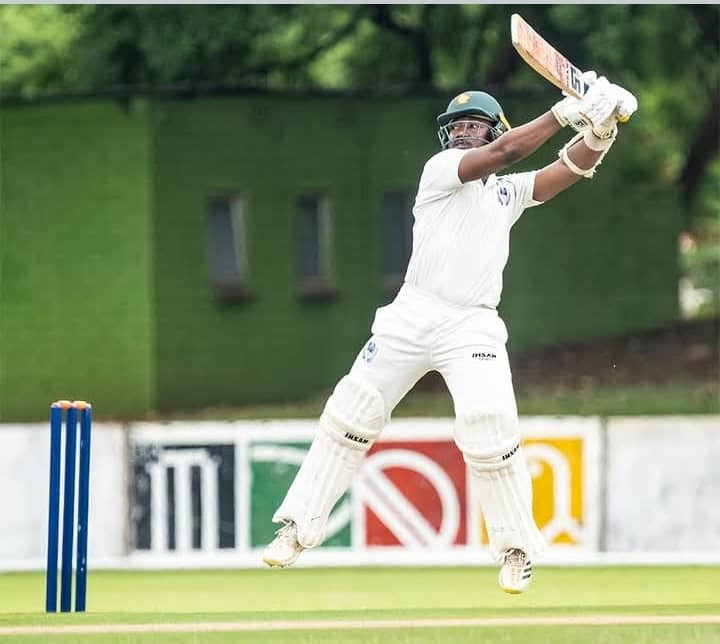
The crowd goes quiet once again. There is a heavy expectation, a silent hope, a momentary pause at the end of a long struggle.
Two competitors stand poised on the very edge. For both players this is a key moment. This is match point. For one, it is the best moment, for the other, it is the worst.
We may recall that previously we considered the best and worst part of being the parent of a child playing sport. Now let us consider what is the best and worst part of being the child playing sport.
Let us consider first what is the worst part. Is it the matter of being on the bench match after match, or staying on the bench all through a match? Is it being shouted at by the coach, about training non-stop without a ball, about having to attend extra practices because we are playing a top or rival team this week? Is the worst part when the whole squad is punished because of one player, with no explanation, and no point?
Is it not getting a game because another player is brought in from another school? Or losing when we could and should have won, being lectured after a game when we are tired and disappointed, being lectured in public after a game when everyone can see, being lectured?
Is it being stuck in one position, or pressurised into achieving other people’s ambitions, or sitting on the sidelines during a practice game? Is it any of these or, even worse, all of these things? Are we aware of what is so bad for our children playing sport and are we doing anything about it?
While we ponder that, what then is the best part of being a child playing sport? Our first natural reaction will be to say that the best part is, without question, winning; it is after all the first question people ask a child after a match. But is the best part winning? Well, it certainly is not the worst part! Maybe though the best part is winning by a big total? Is it rather playing easy teams (thus making it easy to win by a big total)?
However, what about it being with friends, about learning new skills, about missing the ball without being shouted at, about representing the school, being selected?
- Panicky consumers hoard goods to escape price rage
- Paranoid Zanu PF regime cannot be trusted with solving Zim’s problems
- Zim’s poor batting hands India series
- Bosso away woes continue
Keep Reading
Are any of these the best part of playing sport for a child? Ultimately, what is the point of it all?
There may be many different answers proffered by different people. We do well perhaps to listen to someone who has enormous experience in this area, namely Pat Summitt, an American women's college basketball head coach who had the most wins (an astonishing 1,098) in college basketball history (at the time of her retirement). She is quoted as saying “Winning is fun – sure.
But winning is not the point.” We may well wish to pause and reflect on that claim – surely she has got it wrong? Surely winning is the whole point? (She may be seen to be right to say winning is fun).
Before we answer that we should however note that she went on to say what she considered to be the point.
Summitt declared that “Wanting to win is the point.” In fact, she emphasised it further by adding “Not giving up is the point. Never letting up is the point. Never being satisfied with what you have done is the point.” Bobby Knight, another celebrated basketball coach, said something similar: “The key is not the will to win. Everybody has that. It is the will to prepare to win that is important.”
If we unpack these sentiments, we may note that we will not always win so it is what lies behind the playing that is the point.
Furthermore, when we do not win but have wanted to win, we must be able to handle the losing – that surely is the greater point and that is an area where we rarely assist our children. Indeed, we can go even further still and note that it is not simply a matter of wanting to win that is the point but being able to handle not just the losing but also the winning. Point taken?
It is interesting though that these coaches do not indicate if wanting to win is fun, if not giving up is fun, and presumably never being satisfied with what we have done is fun. We will do well, especially at school level, to go back to Summitt’s initial comment but take it in a different direction.
Remember, she said “Winning is fun – sure. But winning is not the point.” What she misses is that, correct, winning is not the point but fun is the point. The point of sport for children in their learning experience is that it must be fun.
The best part of sport is it is fun, no matter what happens during the game. When children have fun then they are winners; fun is winning (for everyone)!
Fun is the point of school sport; in fact, it is ‘match point’, the winning moment. And we are at that moment now. So, there is only one more thing to say. Quiet, please - play!









